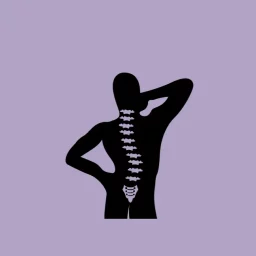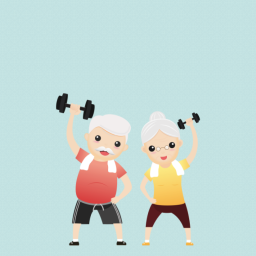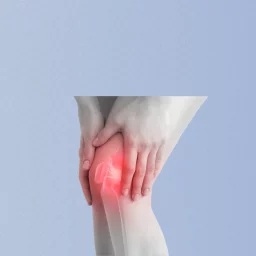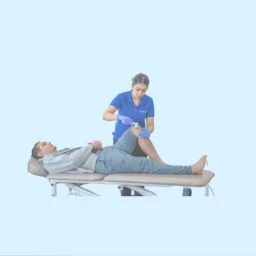Breathing is a complex body function in which lots of structures and muscle groups work together. Smog, a combination of smoke and fog, is a hazardous air pollutant that poses significant health risks. It forms when emissions from vehicles, industrial activities, and combustion, react with sunlight and atmospheric conditions. In Canada, smoke from wildfires is a major cause of smog. These events are becoming more frequent because of the ideal fire conditions from April to October months in certain regions of the country. Prolonged exposure to smog can have detrimental effects on our respiratory system, leading to respiratory issues such as asthma. By recognizing the dangers of smog, we can take necessary precautions to minimize exposure and protect our respiratory health.
Smog warnings and staying informed about air quality
Monitoring local resources and utilizing air quality apps can provide real-time updates on smog levels in our area. Visit the Environment Canada Air Quality Index website for live updates on smog warnings in Ottawa and recommendations from health authorities.
In addition to monitoring smog warnings, here are tips you can implement to protect respiratory health in smoggy conditions:
- Wearing masks or respirators to provide an extra layer of protection when venturing outdoors during high smog periods.
- Limiting strenuous outdoor activities for extended periods during smog warnings.
- Avoid outdoor activities during peak smog hours, typically in the morning or late afternoon.
- Using air purifiers or filters at home can help remove pollutants and improve indoor air quality.
The role of breathing muscles in respiratory health
Breathing muscles, including the diaphragm and intercostal muscles, are responsible for facilitating the inhalation and exhalation process. Maintaining strong and flexible breathing muscles is essential for optimal respiratory function. Weak breathing muscles can lead to shallow breathing, decreased lung capacity, and inefficient exchange of oxygen and carbon dioxide. By understanding the importance of these muscles, we can prioritize exercises and techniques that strengthen and enhance their functionality, ultimately promoting better respiratory health and overall well-being.
Promote better respiratory health with strengthening techniques for breathing muscles
Diaphragmatic breathing exercises (aka belly breathing) help you consciously engage the diaphragm to maximize the breath’s depth and efficiency. These exercises can be practiced by inhaling deeply through the nose, allowing the abdomen to expand, and exhaling slowly through the mouth. Additionally, incorporating cardio exercises such as running, swimming, or cycling can enhance overall lung function and strengthen the respiratory muscles. These activities increase lung capacity, improve oxygen uptake, and engage the respiratory system in a way that fosters strength and endurance. By regularly incorporating these exercises, individuals can enhance their breathing muscles and optimize their respiratory health.
Knowing when to seek medical attention
Seeking medical advice, especially for individuals with pre-existing respiratory conditions, during periods of smog is crucial. If you or someone you know are experiencing shortness of breath, difficulty breathing, chest pain or tightness please bring them to the nearest emergency department for further evaluation. Respiratory illness flare-ups such as asthma attacks may be more frequent in periods of poor air quality. In fact, asthma sufferers are 40% more likely to have an asthma attack during high air pollution days. Be aware of the signs and symptoms and take the appropriate precautions.
Prioritizing respiratory health through regular exercise, maintaining a clean indoor environment, and wearing masks during high-pollution periods is essential. Ask your healthcare team at CURAVITA for more information on strengthening breathing muscles through techniques like diaphragmatic breathing and cardio exercises for respiratory health. To make an appointment with our team, call us today at the CURAVITA Byward Clinic 613-860-8600 or the CURAVITA Glebe Clinic 613-237-9000.
















